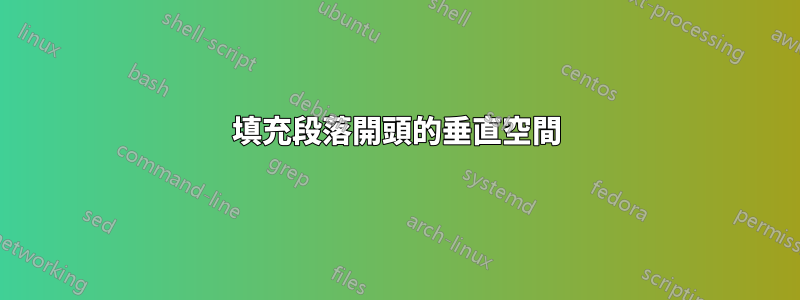
我嘗試了以下方法
\linespread{1.3}
\documentclass[12pt]{report}
\begin{document}
\paragraph{Title Detection Computing}
\vspace{5mm}
Cloud smart alert correlation in Azure Security Center (incidents)
In the “publish or perish” age of academic research, many senior researchers advise their students and junior researchers about how to create professional document layouts, which software system to use, and which system is more efficient or user-friendly. Many of these senior researchers will attempt to convince their students and junior researchers that one system is “better”, “more elegant” “simpler”, or “more flexible” than the other system. There are very few researchers, however, who can confirm empirically how one system is superior to the other and on what basis they have drawn this conclusion. To date, no empirical studies exist to identify which system is more efficient. The preference toward a particular document preparation system can be particularly obstructive to the progress of research if the research question requires interdisciplinary teams. For example, a brain computer interface project may require collaborations between medical scientist
\vfill
\end{document}
產生的結果是一個帶有標題和一些文字的段落,如下所示
我想要產生與我們在 Microsoft Word 上的行或標題末尾按 Enter 鍵並進入新行時所得到的效果相同的效果。我嘗試輸入\\or\newline
但收到一則訊息
There's no line here to end. \newline
我也嘗試過以下
\linespread{1.3}
\documentclass[12pt]{report}
\begin{document}
\paragraph{Title title title}
\hfill \break
\vspace{5mm}
which system is more efficient. The preference toward a particular document preparation system can be particularly obstructive to the progress of research if the research question requires interdisciplinary teams. For example, a brain computer interface project may require collaborations between medical scientists, psychologists, computer scientists, biologists, physicists, and engineers. Any researcher who has ever collaborated on such large interdisciplinary projects has experienced the difficulty with \vfill
\end{document}
但我得到的結果並不像我預期的那樣,標題開頭和第一行之間有 5 毫米的間隙。我一直在閱讀教程這裡 然而我無法產生想要的結果。我缺什麼?
答案1
您至少有兩個選擇:
1)使用類別( ,和類別memoir的超集),例如bookreportarticle
\documentclass[...]{memoir}
\setafterparskip{5mm}
\begin{document}
\paragraph{title}
\end{document}
2)更改基本\paragraph定義,如下面的MWE所示(將更簡單的memoir程式碼註解掉)。
% paraprob.tex SE 535683 Don't run-in paragraph heading
\linespread{1.3}
\documentclass[12pt]{report}
\makeatletter
\renewcommand{\paragraph}{%
\@startsection{paragraph}{4}%
{\z@}%
{3.25ex \@plus 1ex \@minus .2ex}%
{5mm}%
{\normalsize\bfseries}%
}
\makeatother
%\documentclass[12pt]{memoir}
%\setafterparaskip{5mm}
\begin{document}
\paragraph{Title Detection Computing}
\vspace{5mm}
Cloud smart alert correlation in Azure Security Center (incidents)
In the “publish or perish” age of academic research, many senior researchers advise their students and junior researchers about how to create professional document layouts, which software system to use, and which system is more efficient or user-friendly. Many of these senior researchers will attempt to convince their students and junior researchers that one system is “better”, “more elegant” “simpler”, or “more flexible” than the other system. There are very few researchers, however, who can confirm empirically how one system is superior to the other and on what basis they have drawn this conclusion. To date, no empirical studies exist to identify which system is more efficient. The preference toward a particular document preparation system can be particularly obstructive to the progress of research if the research question requires interdisciplinary teams. For example, a brain computer interface project may require collaborations between medical scientist
\vfill
\end{document}



